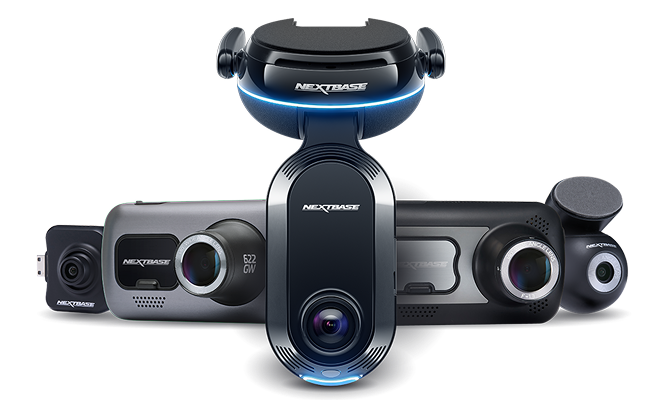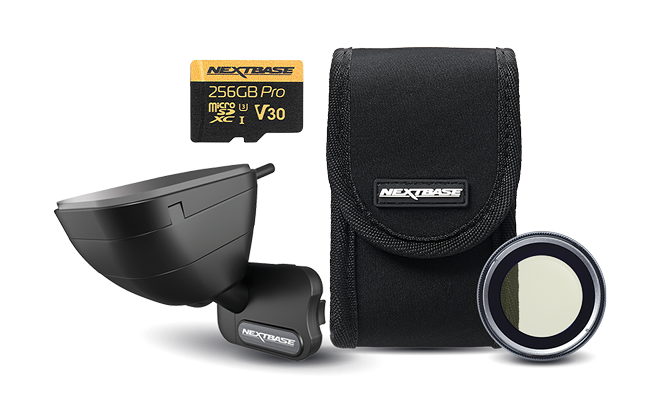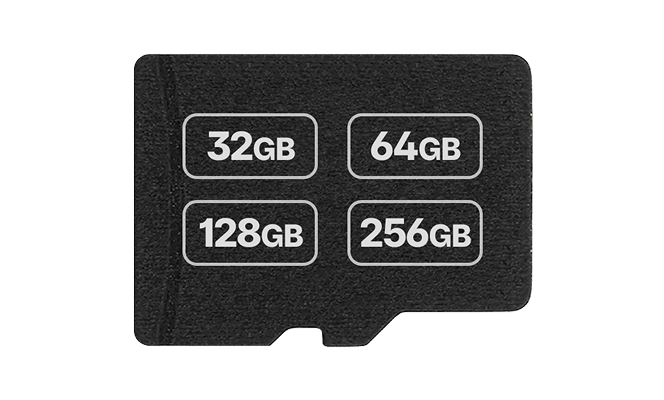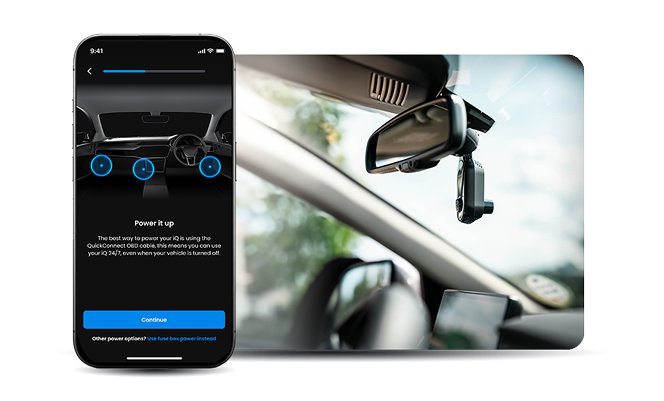David Williams, national motor journalist and road safety award-winner
Fortunately I haven’t been involved in any incidents (the main reason most motorists buy a car cam; so that they can record the evidence and prove their innocence) but by using an in car camera, my experience has nevertheless proved rewarding. The first incident I caught on film was on the pavement – not the road – as a fight broke out between two men. Subsequent moments have included motorists driving on the wrong side of the road, outrageous cutting-up at junctions and so-on; all typical London behaviour.
I swiftly realised that if I was in an incident though, the dash cam could just as well point the finger of blame at me as at the other party if I was driving badly, so it acts as a constant – welcome – reminder to drive safely. And although I have been a ‘good’ driver all my motoring life, the dash cam has certainly made me thing even more about the way I drive.
As I now record those with bad habits around me. Now, following fascinating new AA research, it’s clear there are additional, more tangible benefits. According to the motoring organisation’s research, one in 20 of its members have now bought a dash cam, with almost half interested in buying one.
I asked Ian Crowder, their head of communications, and insurance expert, why they were so popular, and he tells me that one of the key reasons is growing anecdotal as well as ‘firm evidence’ that dashboard cameras are becoming effective at tackling attempts at fraud.
Dash cams and anti-fraud measures
He says the AA’s fraud team has already used dash-cam evidence to prove that drivers who would otherwise have been considered at fault in a rear-end collision have actually been fraud victims. In one case a driver was overtaken by a VW Golf which then pulled up sharply in front – with the inevitable result. There were no injuries in the minor collision and little damage. But the VW driver was unaware that the car he targeted had a dashcam: its evidence thwarted an attempted £15,000 claim for injury to three people.
“The car camera’s recording clearly showed the circumstances of the collision and that there was only one person in the claimant’s car,” says Crowder, adding: “It’s an exciting area – part of the trend towards the ‘connected car’.” There’s more.
Further AA research highlights the burgeoning number of nuisance calls from so-called ‘marketing’ companies acting on behalf of personal injury claim firms. Most respondents said that they objected to such cold-calls but, shockingly, 11 per cent ‘saw nothing wrong’ with making an injury claim following an incident, even if no injury had been sustained! It underlines how embedded in British culture the concept of making a profit on an insurance claim has become.
Such criminality is not victimless: a driver who finds a whiplash claim against his insurer has been successful will see not only his no-claim bonus lost, but that the premium might rise too – and he might find it difficult to obtain cover elsewhere. The only real winners are the personal injury claim firms. And fraud adds around £50 to each motorist’s insurance premium. “That’s one reason why dash cams are increasing in popularity,” says Ian. “While proportionately the number of such claims remains thankfully low and most people won’t ever need it, such images could make the difference between losing a court case or proving your innocence.”
Roll, camera, action….









